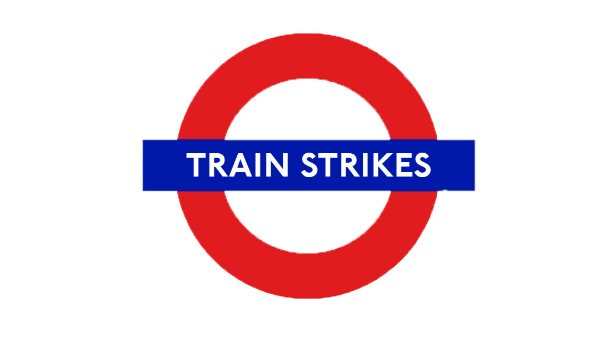Summary
London’s beating heart, the Underground, fell silent on Monday. For the first time in years, the entire Tube network shut down as workers walked out, launching a week-long wave of strikes.
The dispute concerns more than trains. It concerns pay, pensions, and the future of work across the world’s busiest transport network.
With commuters stranded, businesses scrambling, and political leaders pointing fingers, the strikes are already being called a stress test for London’s post-pandemic resilience.
Why the Strikes Are Happening
The Tube strikes are the product of long-simmering disputes that finally boiled over:
- Pay vs. Inflation: Union leaders argue that TfL’s wage offers don’t keep pace with London's increasing cost of living.
- Pensions Under Fire: Workers say reforms could strip away hard-earned retirement security built over years of continuous employment.
- Automation Anxiety: Plans for driverless trains and reduced staffing levels have sparked fears over job security.
Mick Lynch of the RMT (Rail, Maritime and Transport Union) calls it “a fight for the future of decent work.” TfL counters that without reform, it risks financial collapse.
The Economic Fallout
When London’s trains stop, so does much of the city’s economy. Analysts estimate that a whole week of disruption could cost tens of millions of pounds each day.
- Retail & Hospitality: Empty shops, half-booked restaurants, and missed deliveries.
- Small Businesses: Staff can’t get to work, clients cancel meetings.
- Global Image: Investors already wary of London’s post-Brexit competitiveness now see transport reliability as another risk factor.
For some, the strike is a symbol of worker power reasserting itself. For others, it’s a stark reminder of how fragile the capital’s infrastructure is.
How Legal Teams Get Involved
Multiple law firm practice areas get called on when London grinds to a halt:
Employment Law Teams
- Review the legality of strike ballots under the Trade Union and Labour Relations (Consolidation) Act 1992.
- Advise TfL on contingency staffing, shift pattern negotiations, and potential redundancies if services remain unprofitable.
- Draft settlement agreements in case disputes lead to staff exits.
Pensions Teams
- Analyse the proposed reforms to TfL’s pension scheme.
- Model liabilities and advise on long-term sustainability.
- Oversee statutory consultation processes to avoid claims of inadequate disclosure.
Regulatory & Public Law Teams
- Advise TfL and government departments on compliance with the Strikes (Minimum Service Levels) Act 2023, which could impose mandatory service levels.
- Defend or challenge injunctions if disputes escalate into judicial review territory.
- Counsel on whether further government interventions risk breaching worker rights under the European Convention on Human Rights.
Commercial & Contracts Teams
- Revisit TfL’s service agreements with suppliers, which may trigger non-performance clauses.
- Amend or terminate contracts with outsourced maintenance, cleaning, or security providers affected by prolonged industrial action.
- Manage risk in supply chain contracts where knock-on disruption hits retailers or freight operators.
Disputes & Litigation Teams
- Prepare to defend or pursue claims if unions or TfL overstep legal boundaries.
- Advise third-party businesses (e.g., retailers, hospitality) to consider damages claims for economic loss due to prolonged strikes.
Future Outlook
London is bracing for more. If talks remain deadlocked, unions have hinted at further waves of action stretching into the winter.
Politicians are debating stricter laws on essential service strikes, which could trigger fresh legal challenges and escalate tensions even further.
London’s global competitiveness relies on its people's ability to move. If the Tube can’t be trusted to run, the city’s reputation as a hub for business, finance, and culture is at risk.
